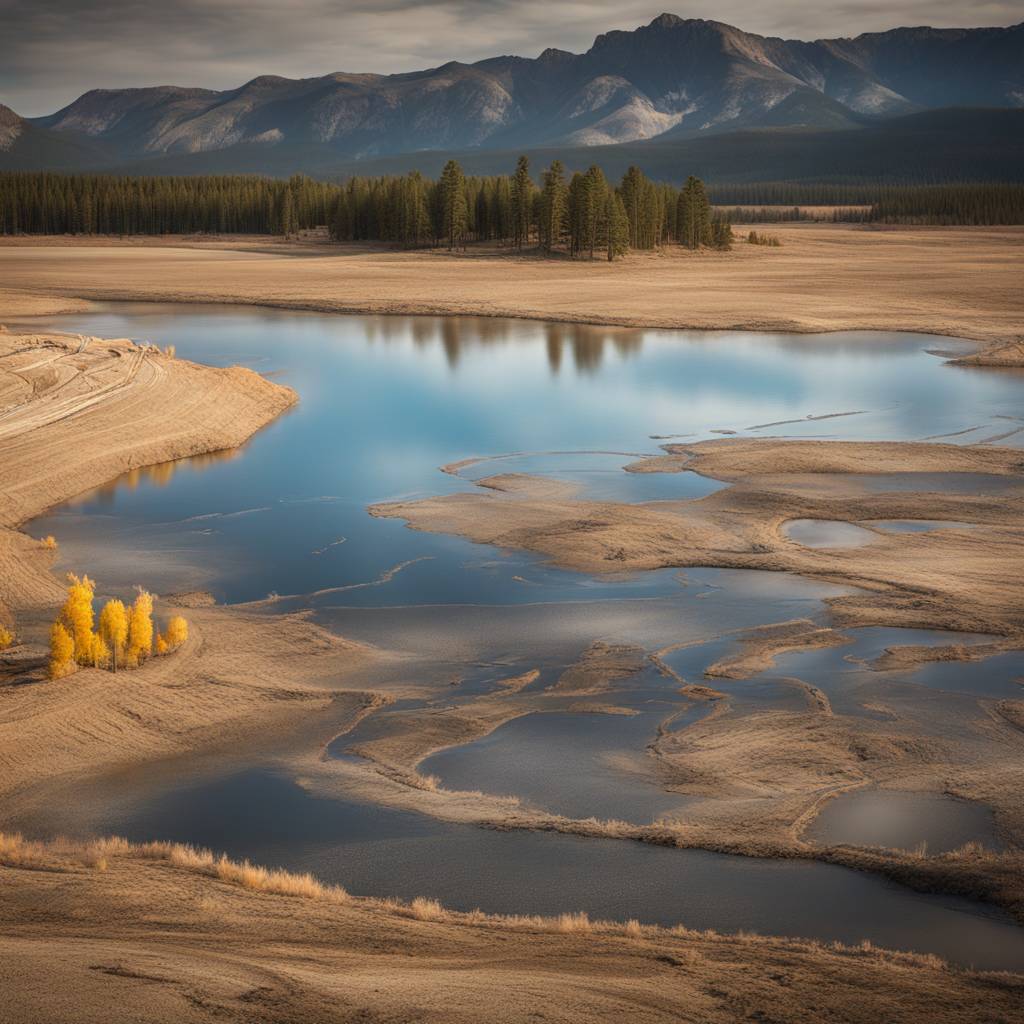Persistent drought conditions in Western Canada are posing a significant challenge to natural gas producers as they prepare for the opening of Canada’s first liquefied natural gas (LNG) export terminal. The Deloitte Canada report highlights potential water shortages as a key risk facing the oil and gas sector in 2024, particularly in northeast British Columbia and northwest Alberta, which are major areas for natural gas drilling. Alberta has established a drought advisory panel to initiate water usage negotiations, while British Columbia is experiencing extremely severe drought conditions, according to Premier David Eby. Water is essential for the natural gas industry, as hydraulic fracturing, a common process in gas development, requires a combination of water, sand, and chemicals to extract gas.
As the natural gas industry anticipates increased demand and the opening of the LNG Canada facility in Kitimat, British Columbia, in 2024, the drought poses an additional complication. The $40-billion LNG Canada project will allow for the export of liquefied natural gas to Asian markets for the first time, driving significant capital spending in British Columbia by oil and gas producers. While companies are expected to meet their commitment to supply gas to the LNG plant, they may face challenges related to water management due to the drought conditions. The industry will likely need to explore alternative water sources, such as recycled water, which is more costly and technically complex than using fresh water.
In response to the potential for severe drought in 2024, the Alberta Energy Regulator has warned the oil and gas industry of possible restrictions on water access. The provincial government is engaging in negotiations to encourage major water users to establish water-sharing agreements. Similarly, the British Columbia Energy Regulator has issued advance notice of potential water restrictions for industrial water license holders if conditions worsen. Gas developers will need to adapt to these restrictions by exploring alternative water sources and implementing water management strategies to ensure operations can continue effectively.
The industry’s reliance on fresh water for hydraulic fracturing operations presents a significant challenge in the face of water shortages. In 2022, only one percent of the water used in hydraulic fracturing operations in Alberta was recycled water, with the majority being fresh water. As water restrictions become more common, companies will need to invest more in water management practices and consider options like recycled water to meet their operational needs. These adjustments are likely to increase costs and add complexity to natural gas production operations, but are necessary to ensure sustainable and responsible practices in the face of ongoing drought conditions.
Overall, the report underscores the importance of water management in the natural gas industry, particularly in regions experiencing severe drought conditions. As the industry looks to expand production and meet the demands of liquefied natural gas exports, water scarcity poses a significant challenge that requires proactive solutions. By exploring alternative water sources, implementing water management strategies, and collaborating with regulators and stakeholders on water usage agreements, natural gas producers can navigate the complexities of the drought conditions and continue to supply gas to meet growing demand both domestically and internationally.














